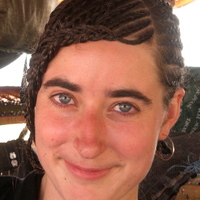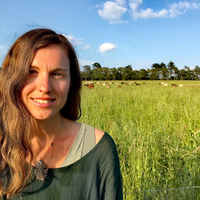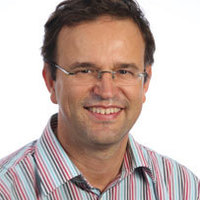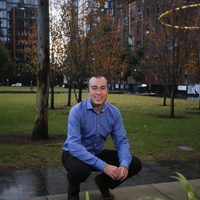
Julie L Snorek
A social ecologist, I seek to make evident hidden narratives and perspectives about climate change adaptation. I’ve carried out ethnographic research regarding social ecological transitions in seven countries (six in Sub-Saharan Africa) and engage with a diversity of concepts and disciplines, including political ecology and science and technology studies. Currently, I am a postdoctoral scholar in Geography at Dartmouth College working to understand the diversity of perceptions about regenerative agriculture as part of a 3-year grant from the National Science Foundation. I possesses an intricate understanding of the Sahel and Sahara where I lived and worked amongst rural peoples for over twelve years. I cut my teeth as an Alaska marine biologist and later served as a US AmeriCorps (Cape Cod) and Peace Corps Volunteer (Niger). During my doctorate, I won a fellowship from the United Nations University in Germany and advised several international organizations, including the European Commission and US Agency for International Development. My work focuses on the role of marginality in environmental conflicts that are framed by extractive or colonial processes and the just transitions movements arising from such conflicts. I hold a PhD in Environmental Science and Technology from the Autonomous University of Barcelona and speaks six languages including two West African languages. I am an avid gardener, swimmer, and have performed in acapella and opera groups in Europe and the US.
Supervisors: Fabrice G. Renaud and Christos Zografos
Address: Washington, DC
Supervisors: Fabrice G. Renaud and Christos Zografos
Address: Washington, DC
less
Related Authors
Bryony Sands
University of Bristol
Ryan Galt
University of California, Davis
Ulrich Schmutz
Coventry University
Chris Riedy
University of Technology Sydney
InterestsView All (21)






Uploads
Papers by Julie L Snorek
existing social relationships while drawing them into new and previously neglected ones, including the more-than-human relations necessary for building soil health. These new relationships and the knowledge they generate may in turn lead farmers to think differently about their own autonomy. These findings provide insight into farmers’ skepticism of private sector carbon farming programs, and highlight the value of attention to the multiple types of relationship change that accompany and facilitate regenerative transitions.
existing social relationships while drawing them into new and previously neglected ones, including the more-than-human relations necessary for building soil health. These new relationships and the knowledge they generate may in turn lead farmers to think differently about their own autonomy. These findings provide insight into farmers’ skepticism of private sector carbon farming programs, and highlight the value of attention to the multiple types of relationship change that accompany and facilitate regenerative transitions.